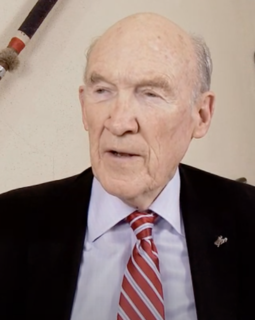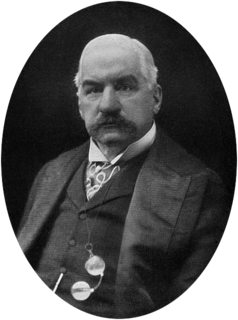A Quote by Alissa Quart
Civic poetry offers us a way to think and talk about issues that so much of public speech ignores, to make them new by dissecting and repurposing public speech, prying its falsehoods from its half-truths. It is fighting for its right to critique our would-be democracy.
Related Quotes
I think, at some level, we see young people all over the country mobilizing around different issues, in which they're doing something that I haven't seen for a long time. And that is, they're linking issues together. You can't talk about police violence without talking about the militarization of society in general. You can't talk about the assault on public education unless you talk about the way in which capitalism defunds all public goods. You can't talk about the prison system without talking about widespread racism. You can't do that. They're making those connections.
Active liberty is particularly at risk when law restricts speech directly related to the shaping of public opinion, for example, speech that takes place in areas related to politics and policy-making by elected officials. That special risk justifies especially strong pro-speech judicial presumptions. It also justifies careful review whenever the speech in question seeks to shape public opinion, particularly if that opinion in turn will affect the political process and the kind of society in which we live.
Obama has already demonstrated an extraordinary ability to change the limits of what one can say publicly. His greatest achievement up to now is that, in his refined non-provocative way, he has introduced into public speech topics which had hitherto been de facto unsayable: the continuing importance of race in politics, the positive role of atheists in public life, the necessity to talk with "enemies" like Iran or Hamas, and so on. This is just what US politics needs today more than anything, if it is to break out of its gridlock: new words which will change the way we think and act.
Don't talk to me about appealing to the public. I am done with the public, for the present anyway. The public reads the headlines and that is all. The story itself is fair and shows the facts. That would be all right if the public read the facts. But it does not. It reads the headlines and listens to the demagogues and that's the stuff public opinion is made of.





































